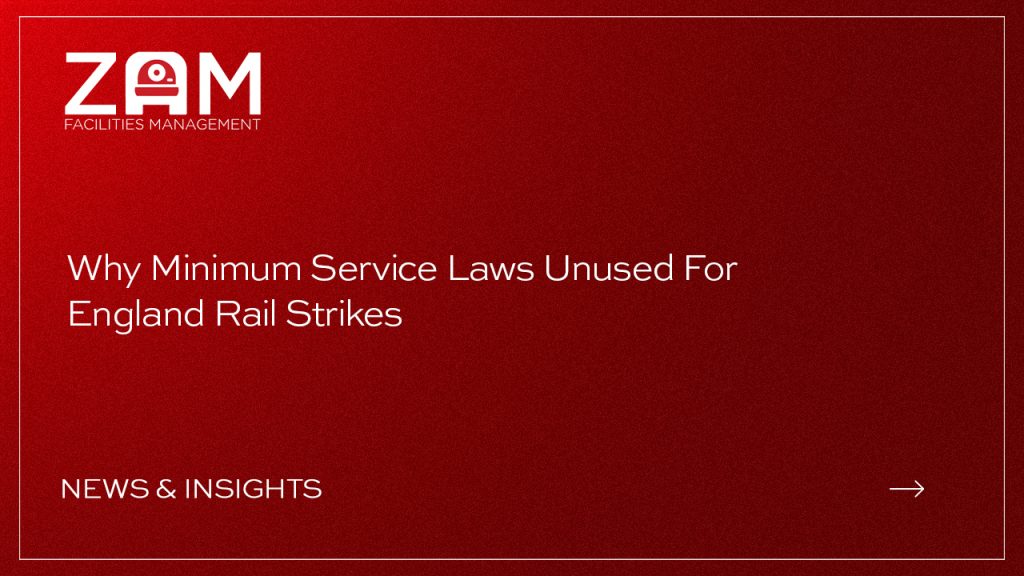London – Train drivers are striking again this week, halting services across England in separate 24-hour stoppages. The government promised manifesto action to limit strike impacts by changing laws. But despite new minimum service level powers to run some trains, they are not being enforced this week. What are the new rules – and what’s going on?
The Strikes Act passed last year legally allows train firms – and other ‘critical’ sectors – to order some striking staff to work, providing minimum 40% normal services.
Under the law, unions must give 14 days’ notice. Employers can formally consult them on minimum service levels (MSLs) for up to 7 days, before issuing individual ‘work notices’ at least 7 days pre-strike.
The government said firms should use the powers. But only state-owned LNER moved to enforce MSLs amid this week’s strikes. Drivers union Aslef called 5 more strike days in response. LNER backed down, Aslef cancelled the extra strikes.
The transport committee warned MSLs could worsen relations and lack clarity on what should run. Unions called them unworkable. MSLs could prolong strikes, the government admitted.
Read More: UK Government Warned to Act Faster on Climate Pledges
The law covers transport, health, fire, education, nuclear and borders. Respective ministers set minimum services. The TUC vowed to fight the law and back sanctioned strikers.
No.10 said Monday firms “should use MSLs to reduce strike impacts – it’s what the public expects”. But it’s “down to individual employers” still, the PM’s spokesman added.
Labour vowed immediate repeal if elected, raising the prospect the unused powers could be scrapped before firms deploy them.
Contact Detail
For Security Contact Us!
- Number: +44 0161 791 5300
- Email: info@zamfm.co.uk
- Address: 1b First Floor, Bank House The Paddock, Handforth, Wilmslow, England, SK9 3HQ
